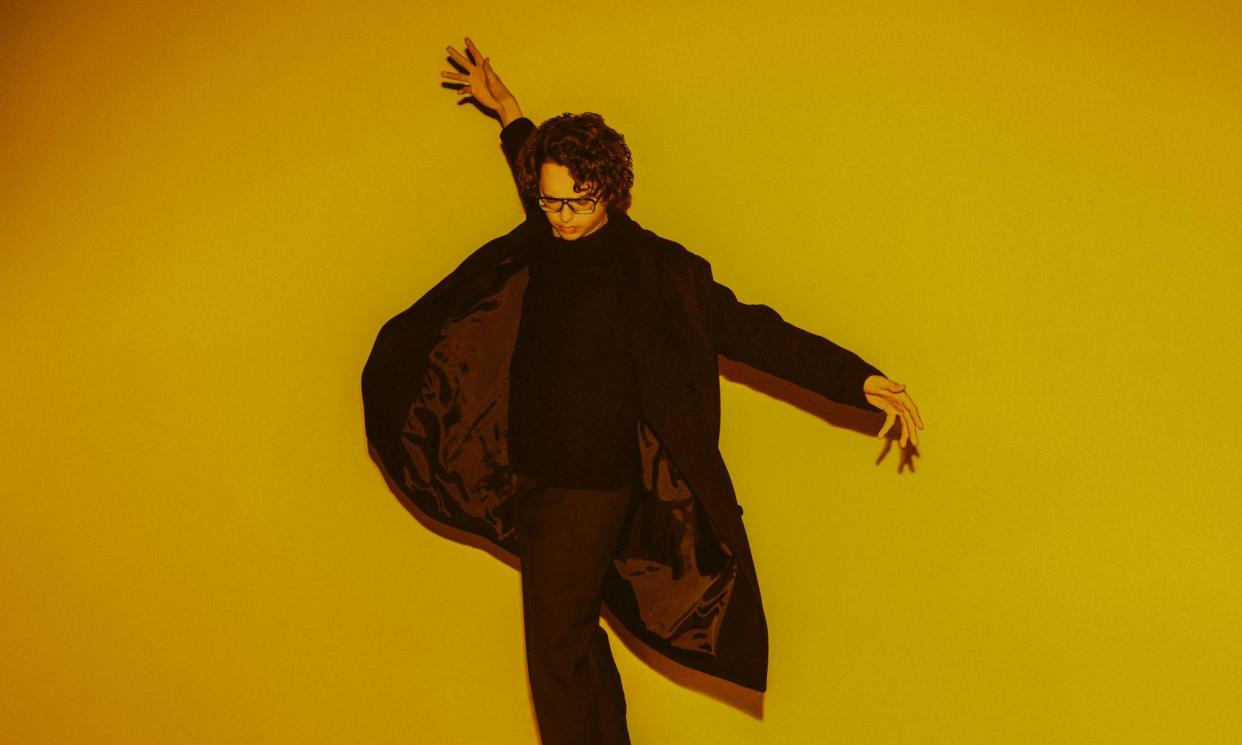Fauré: Complete Piano Music album review – fresh and revealing insights into a quiet radical

With the exception of just a handful of pieces, as well as the famous Dolly Suite for two pianos, Gabriel Fauré’s quietly expressive yet sometimes startlingly radical piano music remains unexplored territory for many. But significant musical anniversaries provide opportunities to extend and deepen appreciation of all but the most familiar composers, and even confirmed Fauré fans are likely to make some discoveries in this comprehensive survey of his piano music from Lucas Debargue, released to mark the centenary of the composer’s death.
Debargue presents the works in opus-number order on the four discs, beginning with the three Romances Without Words Op 17, composed in 1863 when Fauré was 18, and ending with the 13th Nocturne Op 119 from 1921, three years before his death. This makes it easy to trace the development of Fauré’s increasingly personal style, whose starting point was obviously the music of Chopin and Schumann. Several musical forms associated with Chopin especially were thoroughly explored by Fauré: he composed ballades, impromptus and a set of preludes, but it was his series of nocturnes and barcarolles, 13 of each, that formed the spine of his piano output.
As Debargue’s thoughtful and alert performances consistently demonstrate, Fauré quickly personalised these forms, until in his own quiet way his use of them became as startlingly original as Chopin’s had been. The kaleidoscopes of harmonic colour Debargue illuminates in the late nocturnes and the subtly varied rhythmic shapes he teases out of the barcarolles are always fascinating; in almost every piece in this collection, he manages to find something that is fresh and revealing.
Stream it on Apple Music (above) or on Spotify

 Yahoo News
Yahoo News 
